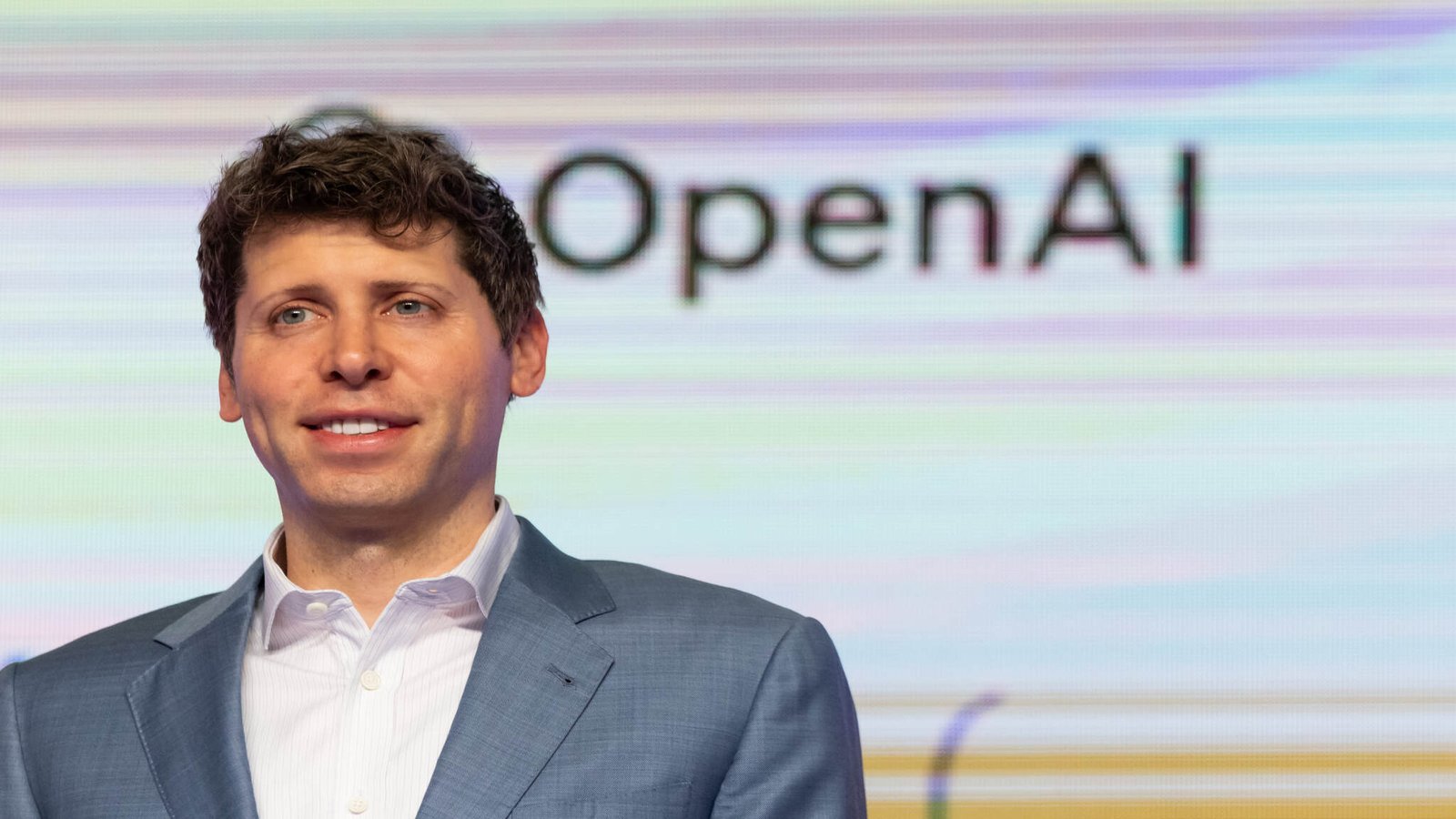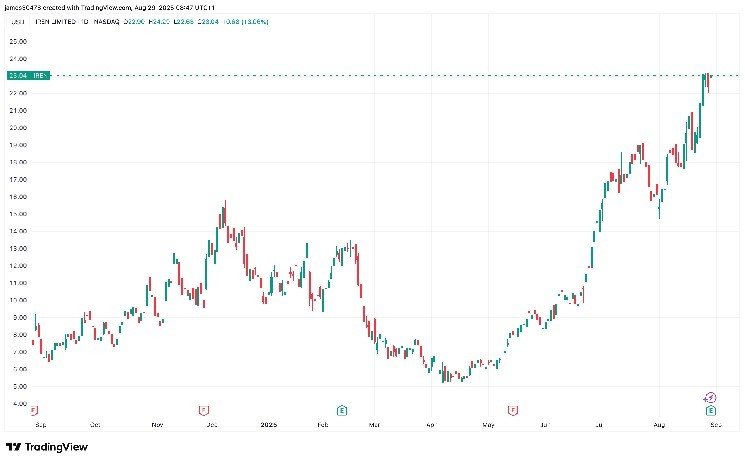
Could Artificial General Intelligence Arrive by 2025?

Sam Altman, CEO of OpenAI, has expressed his belief that artificial general intelligence (AGI) could become a reality as early as 2025. This advanced technology could potentially match or even exceed the capabilities of the human brain.
The Vision for AGI
In an interview with the Y Combinator YouTube channel, Altman proposed that AGI might emerge within the next few years, a prospect both thrilling and unsettling. One thing is certain: the next iteration of ChatGPT will bring AI closer to human-like abilities.
What Sets AGI Apart from Current AI
The concept behind AGI is that, eventually, algorithms will be able to match, and perhaps surpass, the cognitive limits of the human brain. Unlike today’s machine learning, which relies on specialized tasks, AGI would be capable of understanding and processing challenges as humans do.
AGI’s Cognitive Potential
Artificial general intelligence is envisioned as a system with the ability to handle tasks using human-like cognitive processes. In the distant future, this could even lead to AI systems that possess consciousness or emotions, though we’re far from reaching this level of sophistication.
Impact on Society: AGI’s Potential Benefits
If realized, AGI could transform industries across the board. In research, it could expedite medical breakthroughs, while robotics could benefit from machines that collaborate with humans. In creative fields, AGI might even create original content such as art, literature, and music.
Speculative Future and Regulation Concerns
However, it’s important to note that these possibilities remain theoretical. Should AGI be developed, its deployment could pose serious concerns if not regulated carefully. And even then, the next step could be artificial superintelligence, far surpassing human potential.

















